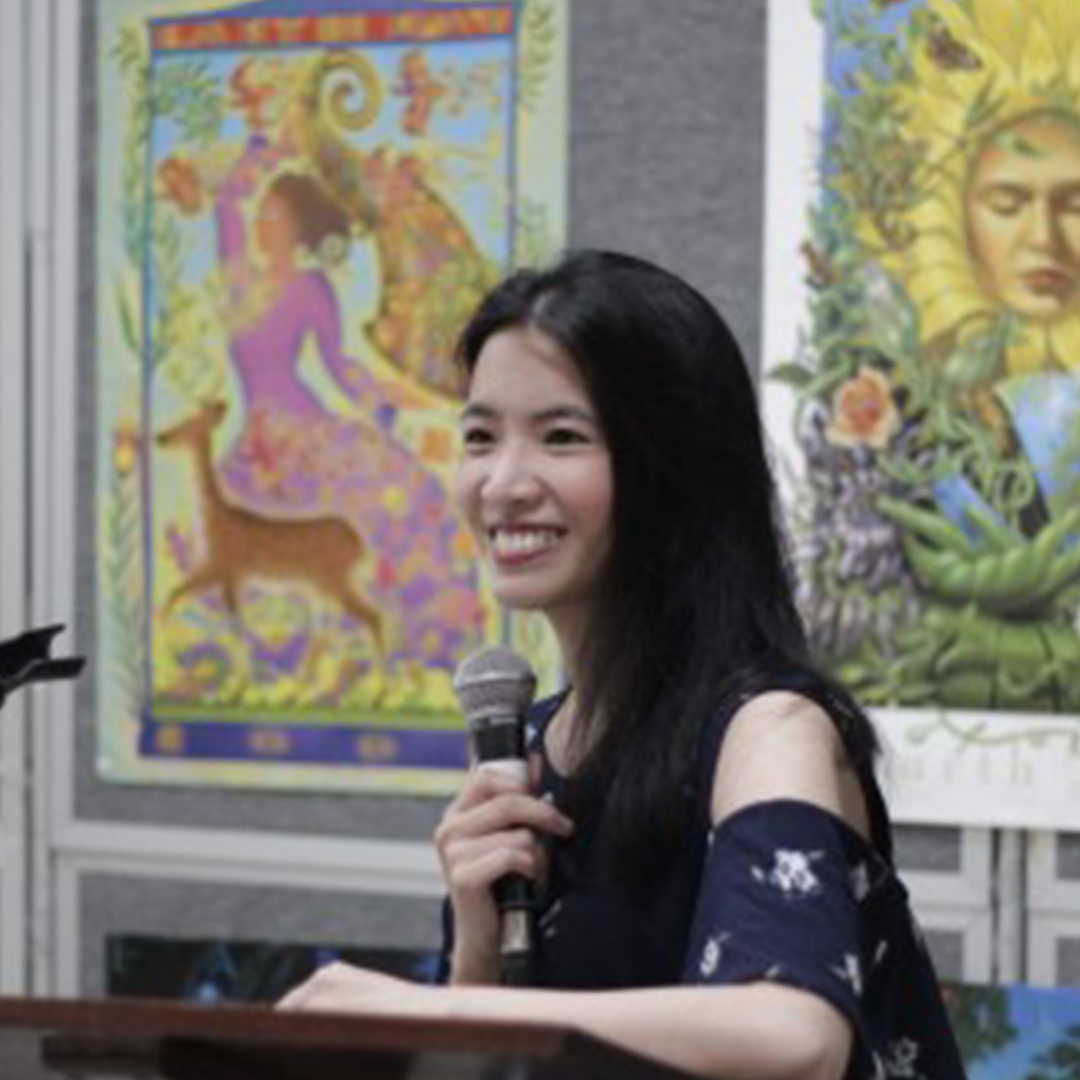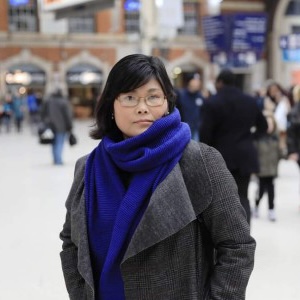24 Mar 2020 | Magazine, Magazine Editions, Volume 49.01 Spring 2020
Director
Émerson Maranhão is a Brazilian director and filmmaker, who has directed the short film Aqueles Dois, about two transgender men, amongst others
Writer
An award-winning Libyan academic and writer, Najwa Bin Shatwan has written three novels, a collection of short stories, plays and contributions to anthologies
Historian
Tom Holland is a writer and historian, who has published a range of bestselling books. He specialises in classical and medieval history
22 Jan 2020 | News, Volume 48.04 Winter 2019
[vc_row][vc_column][vc_custom_heading text=”In the winter 2019 issue of Index on Censorship magazine, editor-in-chief Rachael Jolley argues that a new generation of democratic leaders is actively eroding essential freedoms, including free speech” google_fonts=”font_family:Libre%20Baskerville%3Aregular%2Citalic%2C700|font_style:400%20italic%3A400%3Aitalic”][vc_column_text]
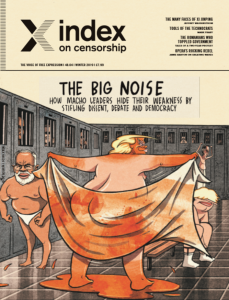 Like brothers in arms, they revel in the same set of characteristics. They share them, and their favourite ways of using them, on social media.
Like brothers in arms, they revel in the same set of characteristics. They share them, and their favourite ways of using them, on social media.
From Orbán to Trump and from Bolsonaro to Johnson, national leaders who want to dismiss analysis with a personalised tweet, and never want to answer a direct question, have come to power – and are using power to silence us. They like to think of themselves as strongmen but what, in fact, they are doing is channelling the worst kind of machismo.
For toughness, read intolerance of disagreement. They are extremely uncomfortable with public criticism. They would rather hold a Facebook “press conference” where they are not pressed than one where reporters get to push them on details they would rather not address. Despite running countries, they try to pretend that those who hold them to account are the elite who the public should not trust.
While every generation has its “tough” leaders, what’s different about today’s is that they are everywhere, and learning, copying and sharing their measures with each other – aided, of course, by the internet, which is their ultimate best friend. And this is not just a phenomenon we are seeing on one continent. Right now these techniques are coming at us from all around the globe, as if one giant algorithm is showing them the way. And it’s not happening just in countries run by unelected dictators; democratically elected leaders are very firmly part of this boys’ club.
Here are some favoured techniques:
If you don’t like some media coverage, you look at ways of closing down or silencing that media outlet, and possibly others. Could a friend buy it? Could you bring in some legislation that shuts it out? How about making sure it loses its advertising? That is happening now. In Hungary, there are very few independent media outlets left, and the media that remain is pretty scared about what might happen to them. Hungarian journalists are moving to other countries to get the chance to write about the issues.
In China, President Xi Jinping has just increased the pressure on journalists who report for official outlets by insisting they take a knowledge test, which is very much like a loyalty test, before being given press cards.
Just today, as I sit here writing, I’ve switched on the radio to hear that the UK’s Conservative Party has made an official complaint to the TV watchdog over Channel 4’s coverage of the general election campaign (there was a debate last night on climate change where party leaders who didn’t turn up were replaced with giant blocks of ice). A party source told the Conservative-supporting Daily Telegraph newspaper: “If we are re-elected, we will have to review Channel 4’s public service broadcasting obligations. Any review would, of course, look at whether its remit should be better focused so it is serving the public in the best way possible.” In summary, they are saying they will close down the media that disagree with them.
This not very veiled threat is very much in line with the rhetoric from President Donald Trump in the USA and President Viktor Orbán in Hungary about the media knowing its place as more a subservient hat-tipping servant than a watchdog holding power to account. It’s also not so far from attitudes that are prevalent in Russia and China about the role of the media.
For those who might think that media freedom is a luxury, or doesn’t have much importance in their lives, I suggest they take a quick look at any country or point in history where media freedom was taken away, and then ask themselves: “Do I want to live there?”
Dictators know that control of the message underpins their power, and so does this generation of macho leaders. Getting the media “under control” is a high priority. Trump went on the offensive against journalists from the first minute he strode out on to the public stage. Brazil’s newish leader, President Jair Bolsonaro, knows it too. In fact, he got together with Trump on the steps of the White House to agree on a fightback against “fake news”, and we all should know what they mean right there. “Fake news” is news they don’t like and really would rather not hear.
New York Times deputy general counsel David McCraw told Index that this was “a very dark moment for press freedom worldwide”.
When the founders of the USA sat down to write the Constitution – that essential document of freedom, written because many of them had fled from countries where they were not allowed to speak, take certain jobs or practise their religion – they had in mind creating a country where freedom was protected. The First Amendment encapsulates the right to criticise the powerful, but now the country is led by someone who says, basically, he doesn’t support it. No wonder McCraw feels a deep sense of unease.
But when Trump’s team started to try to control media coverage, by not inviting the most critical media to press briefings, what was impressive was that American journalists from across the political spectrum spoke out for media freedom. When then White House press secretary Sean Spicer tried to stop journalists from The New York Times, The Guardian and CNN from attending some briefings, Bret Baier, a senior anchor with Fox News, spoke out. He said on Twitter: “Some at CNN & NYT stood w/FOX News when the Obama admin attacked us & tried 2 exclude us-a WH gaggle should be open to all credentialed orgs.”
The media stood up and criticised the attempt to allow only favoured outlets access, with many (including The Wall Street Journal, AP and Bloomberg) calling it out. What was impressive was that they were standing up for the principle of media freedom. The White House is likely to at least think carefully about similar moves when it realises it risks alienating its friendly media as well as its critics.
[/vc_column_text][vc_row_inner][vc_column_inner width=”1/4″][vc_icon icon_fontawesome=”fa fa-quote-left” color=”custom” size=”xl” align=”right” custom_color=”#dd3333″][/vc_column_inner][vc_column_inner width=”3/4″][vc_custom_heading text=”And that’s the lesson for media everywhere. Don’t let them divide and rule you” font_container=”tag:h3|text_align:left” google_fonts=”font_family:Libre%20Baskerville%3Aregular%2Citalic%2C700|font_style:400%20italic%3A400%3Aitalic”][/vc_column_inner][/vc_row_inner][vc_column_text]
And that’s the lesson for media everywhere. Don’t let them divide and rule you. If a newspaper that you think of as the opposition is not allowed access to a press briefing because the prime minister or the president doesn’t like it, you should be shouting about it just as hard as if it happened to you, because it is about the principle. If you don’t believe in the principle, in time they will come for you and no one will be there to speak out.
That’s the big point being made by Baier: it happened to us and people spoke up for us, so now I am doing the same. A seasoned Turkish journalist told me that one of the reasons the Turkish government led by President Recep Tayyip Erdogan was able to get away with restrictions on critical media early on, was because the liberal media hadn’t stood up for the principle in earlier years when conservative press outlets were being excluded or criticised.
Sadly, the UK media did not show many signs of standing united when, during this year’s general election campaign, the Daily Mirror, a Labour-supporting newspaper, was kicked off the Conservative Party’s campaign “battle bus”. The bus carries journalists and Prime Minister Boris Johnson around the country during the campaign. The Mirror, which has about 11 million readers, was the only newspaper not allowed to board the bus. When the Mirror’s political editor called on other media to boycott the bus, the reaction was muted. Conservative Party tacticians will have seen this as a success, given the lack of solidarity to this move by the rest of the media (unlike the US coverage of the White House incident).
The lesson here is to stand up for the principles of freedom and democracy all the time, not just when they affect you. If you don’t, they will be gone before you know it.
Rallying rhetoric is another tried and tested tactic. They use it to divide the public into “them and us”, and try to convert others to thinking they are “people like us”. If we, the public, think they are on our side, we are more likely to put the X in their ballot box. Trump and Orbán practise the “people like us” and “everyone else is our enemy” strategies with abandon. They rail against people they don’t like using words such as “traitor”.
Again in Hungary, people are put into the “outsiders” box if they are gay, women who haven’t had children or don’t conform to the ideas that the Orbán government stands for.
Dividing people into “them and us” has huge implications for our democracies. In separating people, we start to lose our empathy for people who are “other” and we potentially stop standing up for them when something happens. It creates divides that are useful for those in power to manipulate to their advantage.
The University of Birmingham’s Henriette van der Bloom recently co-published research pamphlet Crisis of Rhetoric: Renewing Political Speech and Speechwriting. She said: “I think there is a risk we are all putting ourselves and others into boxes, then we cannot really collaborate about improving our society. Some would say that is what is partly going on at the moment.” Looking forward, she saw one impact could be “a society in crisis, speeches are delivered, and people listen, but it becomes more and more polarising”.
But it’s not just the future, it’s today. We already see societies in crisis, with democratic values being threatened and eroded. This does not point to a rosy future. But there are some signs for optimism. In this issue, we also feature protesters who have campaigned and achieved significant change. In Romania, a mass weekly protest against a new law which would allow political corruption has ended with the government standing down; in Hungary, a new opposition mayor has been elected in Budapest.
Democracies need to remember that criticism and political opposition are an essential part of their success. We must hope they do.
[/vc_column_text][/vc_column][/vc_row][vc_row][vc_column][vc_column_text]
Rachael Jolley is editor-in-chief of Index on Censorship magazine. She tweets @londoninsider. This article is part of the latest edition of Index on Censorship magazine, with its special report on macho male leaders
Index on Censorship’s winter 2019 issue is entitled The Big Noise: How macho leaders hide their weakness by stifling dissent, debate and democracy
Look out for the new edition in bookshops, and don’t miss our Index on Censorship podcast, with special guests, on Soundcloud.
[/vc_column_text][/vc_column][/vc_row][vc_row][vc_column width=”1/3″][vc_custom_heading text=”How macho leaders hide their weakness by stifling dissent, debate and democracy” font_container=”tag:h3|text_align:left” link=”url:https%3A%2F%2Fwww.indexoncensorship.org%2F2019%2F12%2Fmagazine-big-noise-how-macho-leaders-hide-weakness%2F|||”][vc_column_text]The winter 2019 Index on Censorship magazine looks at how male leaders around the world are using masculinity against our freedoms[/vc_column_text][/vc_column][vc_column width=”1/3″][vc_row_inner][vc_column_inner][vc_single_image image=”111045″ img_size=”full” onclick=”custom_link” link=”https://www.indexoncensorship.org/2019/09/magazine-border-forces-how-barriers-to-free-thought-got-tough/”][/vc_column_inner][/vc_row_inner][/vc_column][vc_column width=”1/3″][vc_custom_heading text=”Subscribe” font_container=”tag:h3|text_align:left”][vc_row_inner][vc_column_inner][vc_column_text]In print, online. In your mailbox, on your iPad.
Subscription options from £18 or just £1.49 in the App Store for a digital issue.
Every subscriber helps support Index on Censorship’s projects around the world.
 SUBSCRIBE NOW[/vc_column_text][/vc_column_inner][/vc_row_inner][/vc_column][/vc_row]
SUBSCRIBE NOW[/vc_column_text][/vc_column_inner][/vc_row_inner][/vc_column][/vc_row]
10 Dec 2019 | Magazine, Magazine Editions, Volume 48.04 Winter 2019
Poet
Tammy Lai-ming Ho is an award-winning poet, translator and academic who is documenting the Hong Kong protests through poetry
Writer
Author of the bestselling hit humour titles The Beautiful Poetry of Donald Trump and Vladimir Putin, Life Coach, Rob Sears is a writer based in London
Opera singer
Jamie Barton is an American opera singer, who performs globally. She headllined Last Night of the Proms at Royal Albert Hall this summer
12 Sep 2019 | Magazine, News, Volume 48.03 Autumn 2019
[vc_row][vc_column][vc_custom_heading text=”Editor-in-chief Rachael Jolley argues in the autumn 2019 issue of Index on Censorship magazine that travel restrictions and snooping into your social media at the frontier are new ways of suppressing ideas” google_fonts=”font_family:Libre%20Baskerville%3Aregular%2Citalic%2C700|font_style:400%20italic%3A400%3Aitalic”][vc_column_text]

Border Forces – how barriers to free thought got tough
Travelling to the USA this summer, journalist James Dyer, who writes for Empire magazine, says he was not allowed in until he had been questioned by an immigration official about whether he wrote for those “fake news” outlets.
Also this year, David Mack, deputy director of breaking news at Buzzfeed News, was challenged about the way his organisation covered a story at the US border by an official.
He later received an official apology from the Customs and Border Protection service for being questioned on this subject, which is not on the official list of queries that officers are expected to use.
As we go to press, the UK Foreign Office updated its advice for travellers going between Hong Kong and China warning that their electronic devices could be searched.
This happened a day after a Sky journalist had his belongings, including photos, searched at Beijing airport. US citizen Hugo Castro told Index how he was held for five hours at the USA-Mexico border while his mobile phone, photos and social media were searched.
This kind of behaviour is becoming more widespread globally as nations look to surveil what thoughts we have and what we might be writing or saying before allowing us to pass.
This ends with many people being so worried about the consequences of putting pen to paper that they don’t. They fret so much about being prevented from travelling to see a loved one or a friend, or going on a work trip, that they stop themselves from writing or expressing dissent.
If the world spins further in this direction we will end up with a global climate of fear where we second-guess our desire to write, tweet, speak or protest, by worrying ourselves down a timeline of what might happen next.
So what is the situation today? Border officials in some countries already seek to find out about your sexual orientation via an excursion into your social media presence as part of their decision on whether to allow you in.
Travel advisors who offer LGBT travel advice suggest not giving up your passcodes or passwords to social media accounts. One says that, before travelling, people can look at hiding their social media posts from people they might stay within the destination country. Digital security expert Ela Stapley suggests going further and having an entirely separate “clean” phone for travelling.
These actions at borders have not gone unnoticed by technology providers. The big dating apps are aware that information to be found in their spaces might also prove of interest to immigration officials in some countries.
This summer, Tinder rolled out a feature called Traveller Alert – as Mark Frary reports on – which hides people’s profiles if they are travelling to countries where homosexuality is illegal. Borders are getting bigger, harder and tougher.
It is not just about people travelling, it’s also about knowledge and ideas being stopped. As security services and governments get more tech-savvy, they see more and more ways to keep track of the words that we share. Surely there’s no one left out there who doesn’t realise the messages in their Gmail account are constantly being scanned and collected by Google as the quid pro quo for giving you a free account?
Google is collecting as much information as it can to help it compile a personal profile of everyone who uses it. There’s no doubt that if companies are doing this, governments are thinking about how they can do it too – if they are not already.
And the more they know, the more they can work out what they want to stop.
[/vc_column_text][vc_row_inner][vc_column_inner width=”1/4″][vc_icon icon_fontawesome=”fa fa-quote-left” color=”custom” size=”xl” align=”right” custom_color=”#dd3333″][/vc_column_inner][vc_column_inner width=”3/4″][vc_custom_heading text=”Border officials in some countries already seek to find out about your sexual orientation via an excursion into your social media presence as part of their decision on whether to allow you in” font_container=”tag:h3|text_align:left” google_fonts=”font_family:Libre%20Baskerville%3Aregular%2Citalic%2C700|font_style:400%20italic%3A400%3Aitalic”][/vc_column_inner][/vc_row_inner][vc_column_text]
In democracies such as the UK, police are already experimenting with facial recognition software. Recently, anti-surveillance organisation Big Brother Watch discovered that private shopping centres had quietly started to use facial recognition software without the public being aware.
It feels as though everywhere we look, everyone is capturing more and more information about who we are, and we need to worry about how this is being used.
One way that this information can be used is by border officials, who would like to know everything about you as they consider your arrival. What we’ve learned in putting this special issue together is that we need to be smart, too. Keep an eye on the laws of the country you are travelling to, in case legislation relating to media, communication or even visas change.
Also, have a plan about what you might do if you are stopped at a border. One of the big themes of this magazine over the years is that what happens in one country doesn’t stay in one country. What has become increasingly obvious is that nation copies nations, and leader after leader spots what is going on across the way and thinks: “I could use that too.”
We saw troll factories start in Mexico with attempts to discredit journalists’ reputations five years ago, and now they are widespread. The idea of a national leader speaking directly to the public rather than giving a press conference, and skipping the “need” to answer questions, was popular in Latin America with President Cristina Fernández de Kirchner, of Argentina, and Venezuelan President Hugo Chávez.
A few years later, national leaders around the world have grabbed the idea and run with it. It’s so we don’t have to filter it through the media, say the politicians. While there’s nothing wrong, of course, with having town hall chats with the public, one has a sneaking suspicion that another motivation might be dodging any difficult questions, especially if press conferences then get put on hold. Again, Latin America saw it first.
Given this trend, we can expect that when one nation starts asking for access to your social media accounts before they give you a visa, others are sure to follow. The border issue is broader than this, of course. Migration and immigration are issues all over the world right now, topping most political agendas, along with security and the economy. Therefore, governments are seeking to reduce immigration and restrict who can enter their countries – using a variety of methods.
In the USA and the UK, artists, academics, writers and musicians are finding visas harder to come by. As our US contributing editor, Jan Fox, reports, this has led to an opera singer removing posts from Facebook because she worries about her visa application, and academics self-censoring their ideas in case it limits them from studying or working in the USA. Where does this leave free expression? Less free than it should be, certainly. This is not the only attack on freedom of expression. Making it more difficult for outsiders to travel to these countries means stories about life in Yemen, Syria and Iran, for instance, may not be heard.
We don’t hear firsthand what it is like, and our knowledge shrinks. This policy surely reached a limit when Kareem Abeed, the Syrian producer of an Oscar-nominated documentary about Aleppo, was initially refused a visa to at-tend the Oscar ceremony. Meanwhile, UK festival directors are calling for their government to change its attitude and warn that artists are already excluding the UK from their tours.
One person who knew the value of getting information out beyond the borders of the country he lived in was a former editor of this magazine, Andrew Graham-Yooll, and we honour his work in this issue. His recent death gave us a chance to review his writing for us and for others. A consummate journalist, Graham-Yooll continued to write and report until just weeks before his death, and I know he would have had his typing fingers at the ready for a critique of what is happening in the Argentinian election right now.
Graham-Yooll took the job of editor of Index on Censorship in 1989, after being forced to leave his native Argentina because of his reporting. He had been smuggling out reports of the horrifying things that were happening under the dictatorship, where people who were activists, journalists and critics of the government were “disappearing” – a soft word that means they were being murdered. Some pregnant women were taken prisoner until they gave birth. Their babies were taken from them and given to military or government-friendly families to adopt, while the mothers were drugged and then dropped to their death, from airplanes, at sea.
Many of the appalling details of what happened under the authoritarian dictatorship only became clear after it fell, but Graham-Yooll took measures to smuggle out as many details as he could, to this publication and others, until he and his family were in such danger he was forced to leave Argentina and move to the UK.
Throughout history the powerful have always attempted to suppress information they didn’t want to see the light. We are in yet another era where this is on the rise.
[/vc_column_text][/vc_column][/vc_row][vc_row][vc_column][vc_column_text]
Rachael Jolley is editor-in-chief of Index on Censorship magazine. She tweets @londoninsider. This article is part of the latest edition of Index on Censorship magazine, with its special report on border forces
Index on Censorship’s autumn 2019 issue is entitled Border forces: how barriers to free thought got tough
Look out for the new edition in bookshops, and don’t miss our Index on Censorship podcast, with special guests, on Soundcloud.
[/vc_column_text][/vc_column][/vc_row][vc_row][vc_column width=”1/3″][vc_custom_heading text=”How barriers to free thought got tough” font_container=”tag:h3|text_align:left” link=”url:https%3A%2F%2Fwww.indexoncensorship.org%2F2019%2F09%2Fmagazine-border-forces-how-barriers-to-free-thought-got-tough%2F|||”][vc_column_text]The autumn 2019 Index on Censorship magazine looks at borders round the world and how barriers to free thought got tough[/vc_column_text][/vc_column][vc_column width=”1/3″][vc_row_inner][vc_column_inner][vc_single_image image=”108826″ img_size=”full” onclick=”custom_link” link=”https://www.indexoncensorship.org/2019/09/magazine-border-forces-how-barriers-to-free-thought-got-tough/”][/vc_column_inner][/vc_row_inner][/vc_column][vc_column width=”1/3″][vc_custom_heading text=”Subscribe” font_container=”tag:h3|text_align:left”][vc_row_inner][vc_column_inner][vc_column_text]In print, online. In your mailbox, on your iPad.
Subscription options from £18 or just £1.49 in the App Store for a digital issue.
Every subscriber helps support Index on Censorship’s projects around the world.
 SUBSCRIBE NOW[/vc_column_text][/vc_column_inner][/vc_row_inner][/vc_column][/vc_row]
SUBSCRIBE NOW[/vc_column_text][/vc_column_inner][/vc_row_inner][/vc_column][/vc_row]
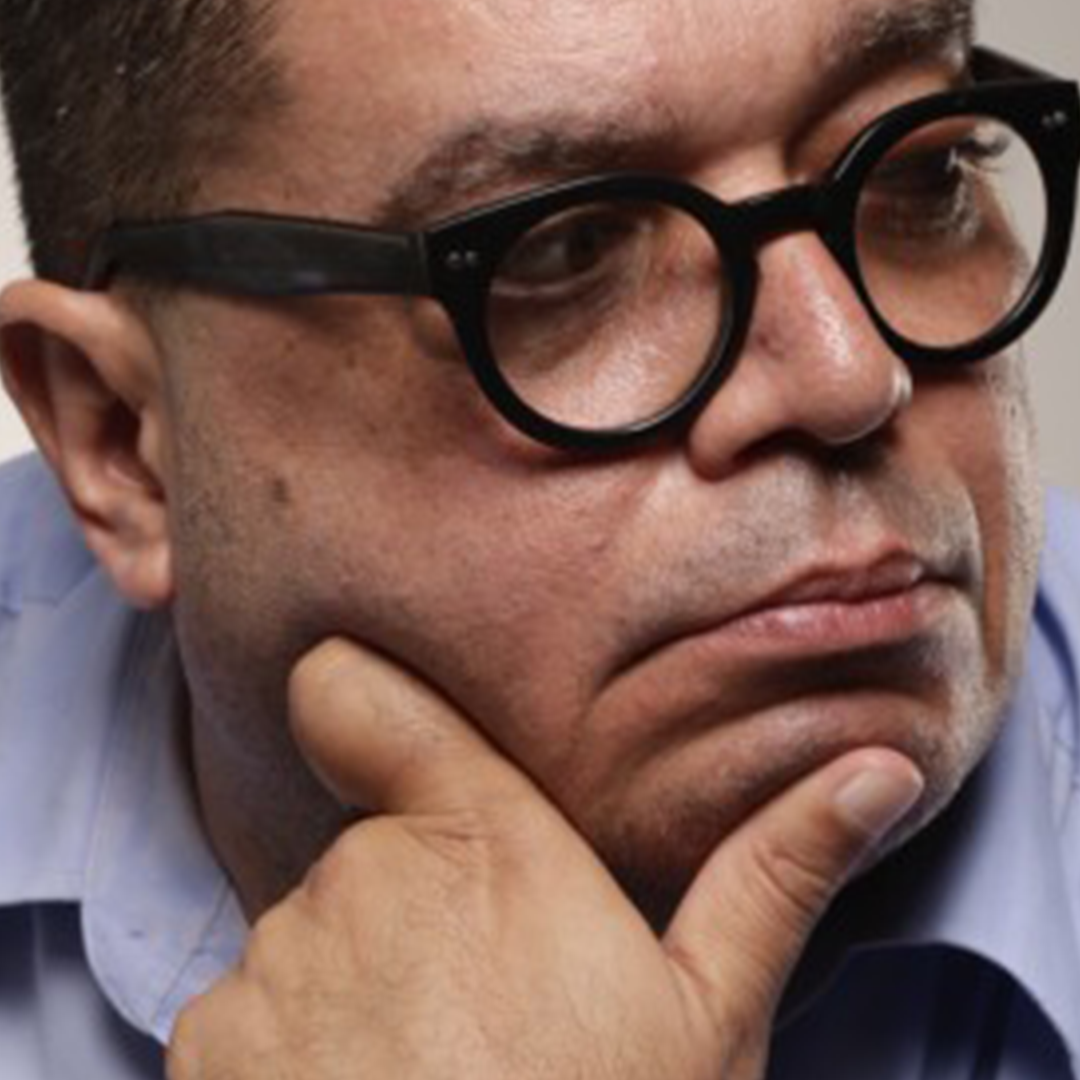
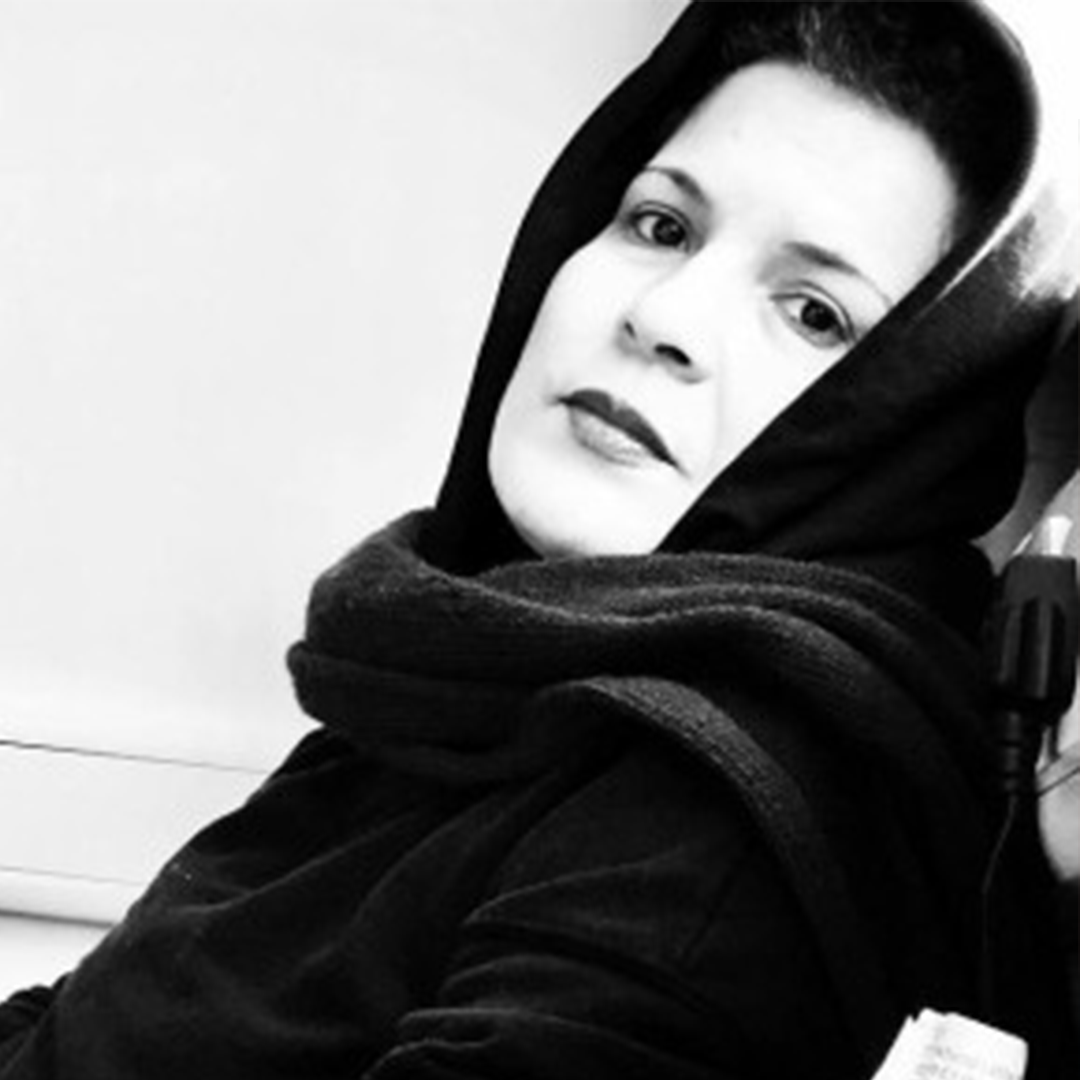
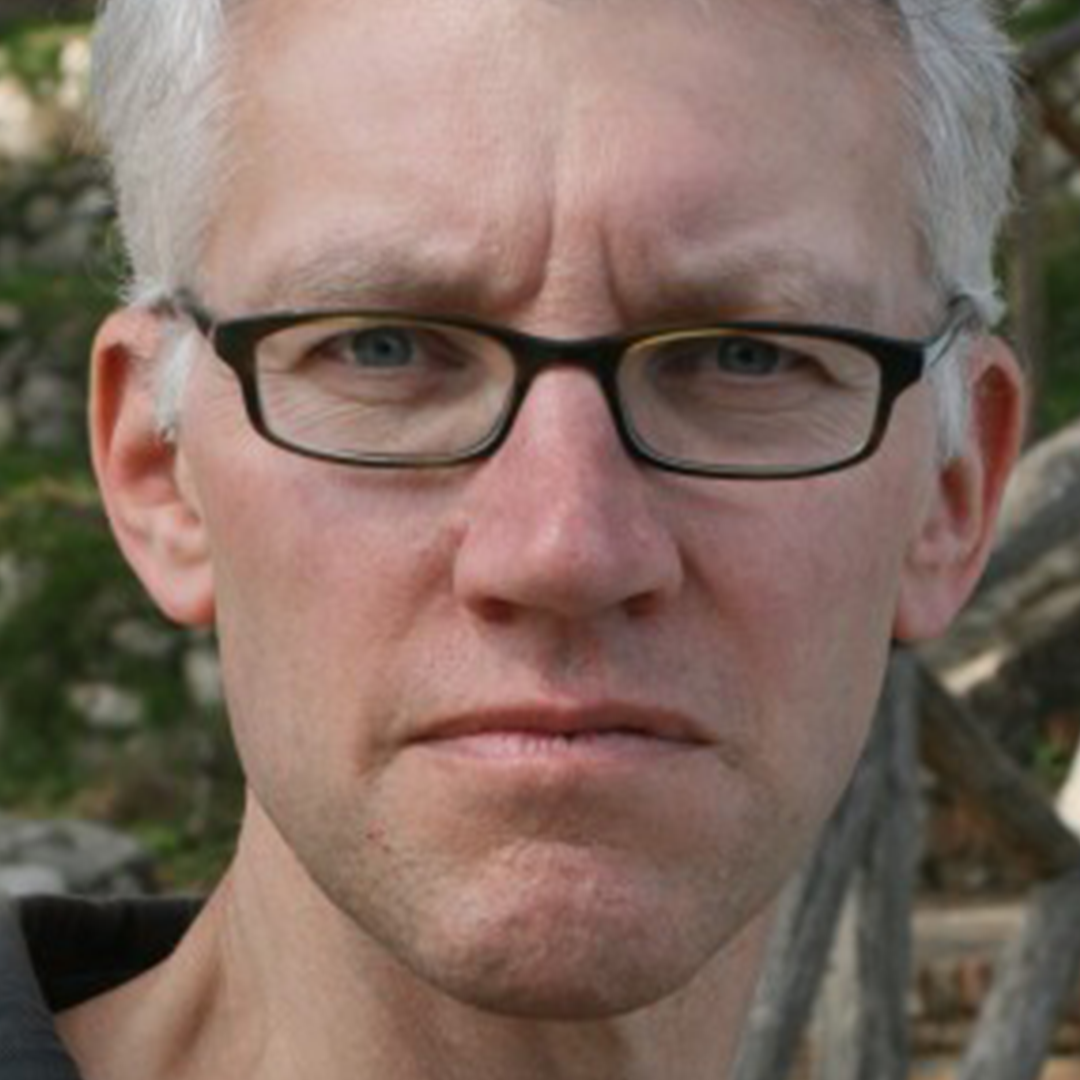

 Like brothers in arms, they revel in the same set of characteristics. They share them, and their favourite ways of using them, on social media.
Like brothers in arms, they revel in the same set of characteristics. They share them, and their favourite ways of using them, on social media.